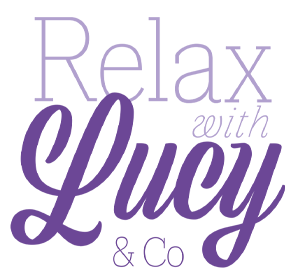How Smoking and Alcohol Affect Anxiety!
Anxiety is a normal reaction to a situation that we feel threatened by. It’s when anxiety hangs around and causes us distress that it causes us a problem.
About 4 out of five people suffer from anxiety according to Mind (Leading Mental Health Charity) Its very common but often not talked about however it should be.
Anxiety is as real as a broken arm, it can be so debilitating for some people and unfortunately too much to cope with.
What exactly is anxiety?
Anxiety is a feeling of unease, such as worry or fear, that can be mild or severe.
Everyone has feelings of anxiety at some point in their life – for example, you may feel worried and anxious about sitting an exam, or having a medical test or job interview. During times like these, feeling anxious can be perfectly normal.
However, some people find it hard to control their worries. Their feelings of anxiety are more constant and can often affect their daily lives. Anxiety is recogniSed by the following symptoms.
Physical sensations:
· Nausea (feeling sick)
· Tense muscles and headaches
· Pins and needles
· Feeling light headed or dizzy
· Faster breathing
· Sweating or hot flushes
· A fast, thumping or irregular heart beat
· Raised blood pressure
· Difficulty sleeping
· Needing the toilet more frequently, or less frequently
· Churning in the pit of your stomach
· Experiencing panic attacks
· Feeling tense, nervous and on edge
Psychological sensations
· Having a sense of dread, or fearing the worst
· Feeling like the world is speeding up or slowing down
· Feeling like other people can see you’re anxious and are looking at you
· Feeling your mind is really busy with thoughts
· Dwelling on negative experiences, or thinking over a situation again and again (this is called rumination)
· Feeling restless and not being able to concentrate
· Feeling numb
A lot of people may not realise, but using alcohol and smoking can make anxiety worse.
Why?
Drinking alcohol: Where caffeine shakes you up, alcohol often smoothes over the rough edges of anxiety - at least for a little while. But as you drink more - and as your body digests the alcohol - you can experience confusion and physical symptoms that resemble anxiety. For people with anxiety disorders, alcohol can become a problem especially when used as an emotional crutch or a way to "self-medicate" against their symptoms.
Smoking: Research has shown that many smokers have a history of anxiety disorder. This does not mean that cigarettes or nicotine cause anxiety. As with alcohol use, people with anxiety disorders may lean on alcohol as a crutch or self-medication. For some, smoking appears calming. But nicotine also ramps up blood pressure and heart rate, two physical symptoms that can mirror anxiety. Also, smokers with a history of anxiety disorders are less likely to quit, possibly because nicotine withdrawal symptoms can cause or worsen anxiety symptoms.
The most common treatments that you may get offered:
· Talking treatments
· Self-help resources
· Certain types of medication (Your GP can advise on these)
· Complementary therapies such as relaxation, reflexology, acupuncture, relaxing massage.
Seeking out support is so important!
Don’t suffer in silence!
Talk to someone!
